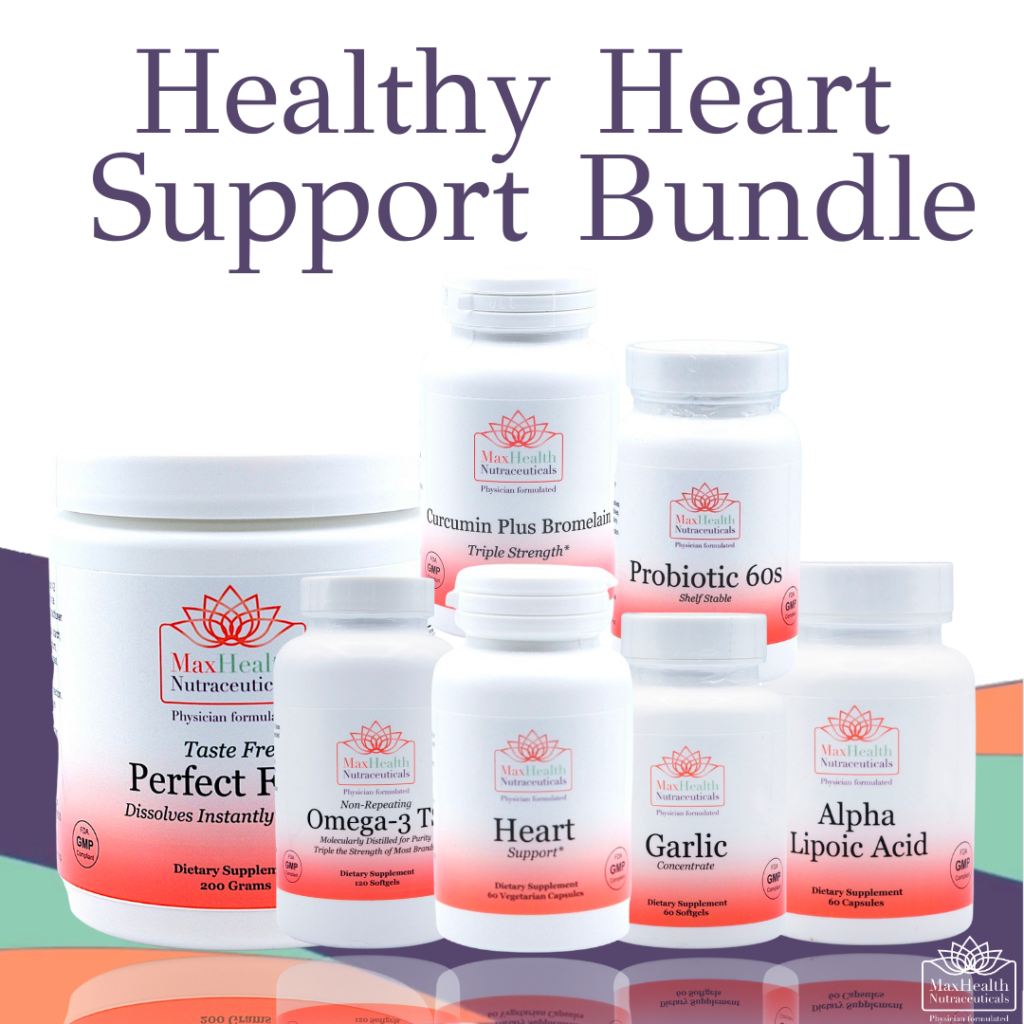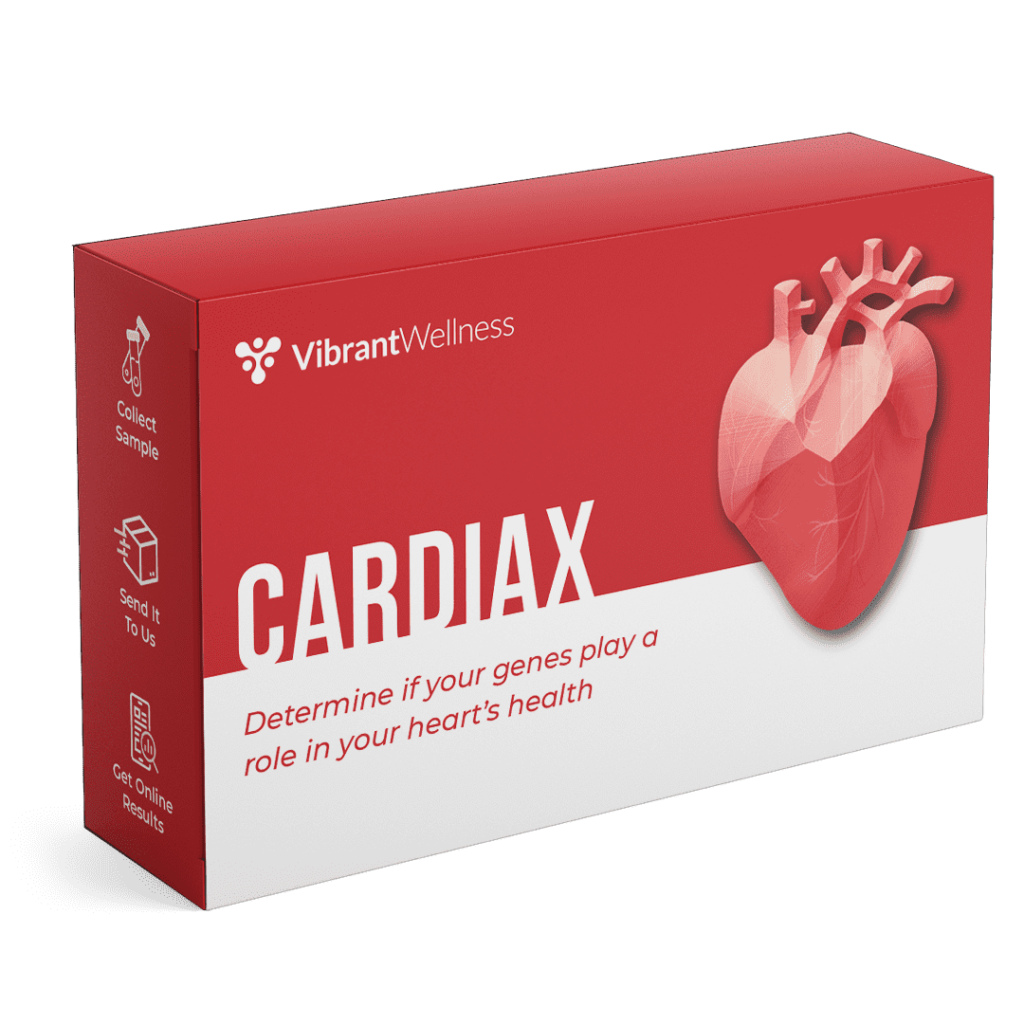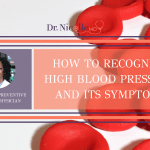
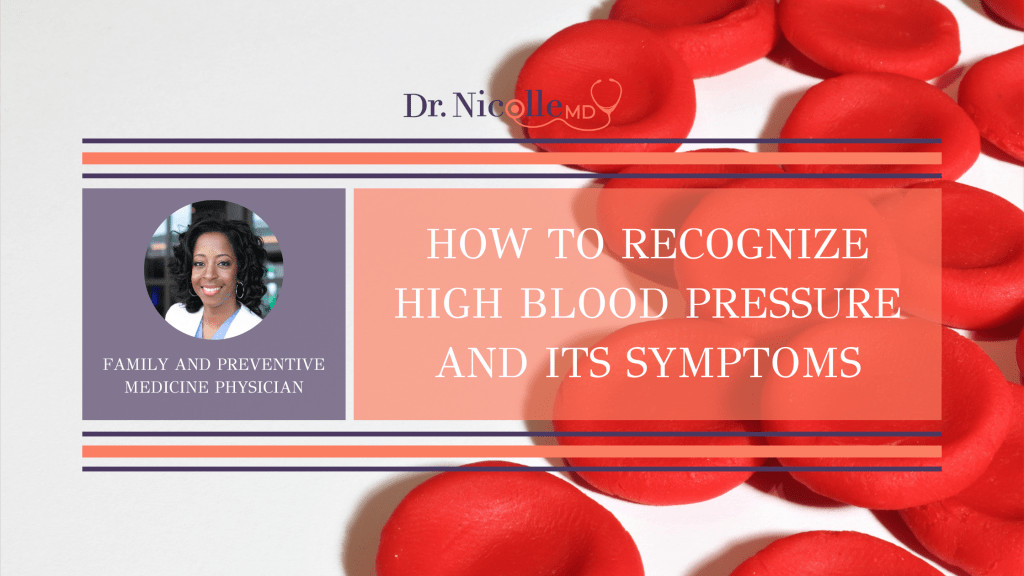
Hello. This is Heart Health Tuesdays! Today, we’ll talk about how to recognize high blood pressure and its symptoms. High blood pressure is often considered a silent or invisible condition because its symptoms are very mild. But don’t let this fool you.
Even though it may feel like you don’t have a problem due to this ‘lack’ of symptoms, this doesn’t mean it can’t cause serious damage to your health.
On the contrary, the damage can be quite extensive, especially if you don’t recognize that you have high blood pressure in a timely fashion.
Learning the most common symptoms of high blood pressure can help you identify them more easily when they do make themselves known, which means you can start treatment as early as possible.
What Is High Blood Pressure?
High blood pressure is also called hypertension. It’s a condition that typically results in damaged or blocked arteries, which reduces how efficiently blood is able to circulate through your body. With elevated blood pressure, more wear and tear is placed on your arteries and heart.
High blood pressure can be dangerous because it restricts blood and oxygen supply to different parts of your body. This taxes your body and may lead to organ failure if it’s not appropriately managed, though most cases of hypertension don’t progress this far.
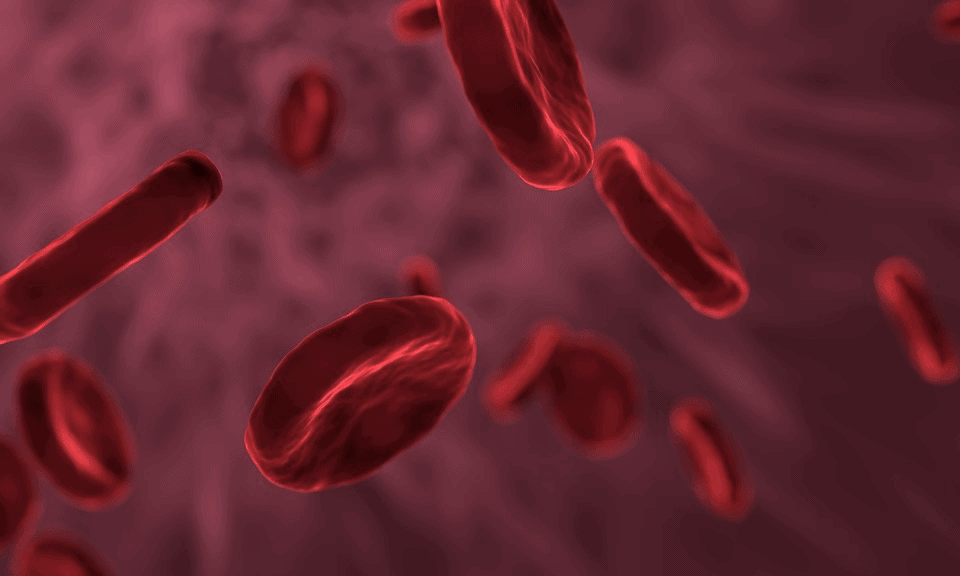
Understanding Blood Pressure
Your blood pressure is a measure of the force with which your blood cells press against the walls of your veins and arteries. It’s measured as one number over another.
You’ve probably heard your doctor say your blood pressure this way, but you might not have known exactly what it meant.
The first number represents your systolic blood pressure, which is the pressure on your artery walls at the time the heart is contracting and squeezing blood out through the arteries. The second is your diastolic blood pressure, which measures the pressure when the heart relaxes between beats.
Either number being too high can indicate a problem, but it’s best to find out what the average blood pressure is over a period of time before considering further treatment.
Healthy Blood Pressure Measurements
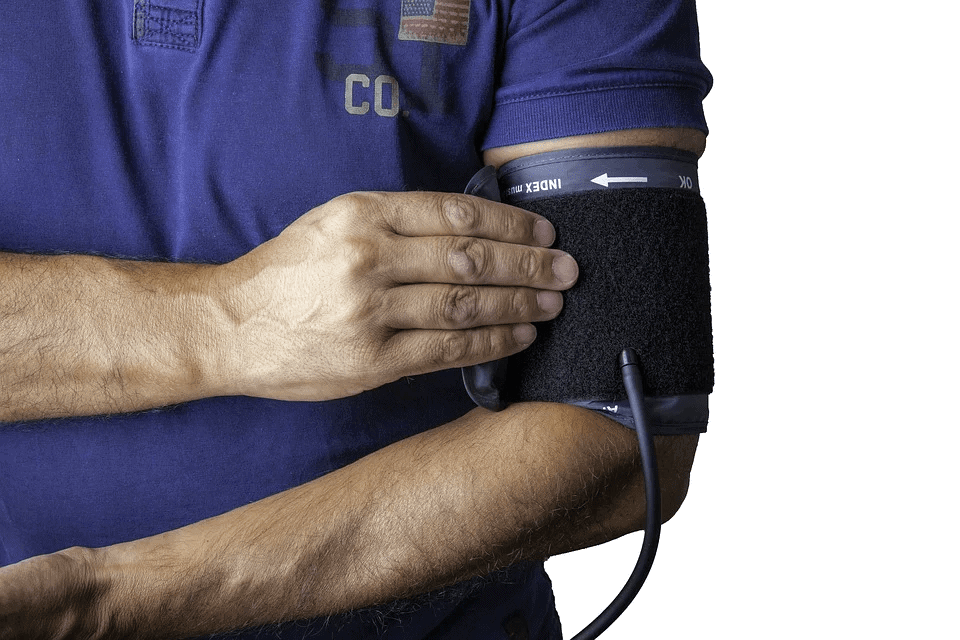
If your blood pressure doesn’t fall into the healthy range, it needs to be investigated further. A normal systolic blood pressure reading is 120 mm Hg, while diastolic blood pressure is normally about 80 mm Hg.
Blood pressure is generally considered elevated if it’s above 140 systolic and 90 diastolic. If your blood pressure reading spikes up to levels of 180 systolic or 120 diastolic, you should seek medical attention right away.
Oftentimes, the best way to know if you have high blood pressure is to test it. You can purchase a monitor that you can use to measure your blood pressure at home or schedule an annual physical with your regular doctor.
Symptoms of High Blood Pressure
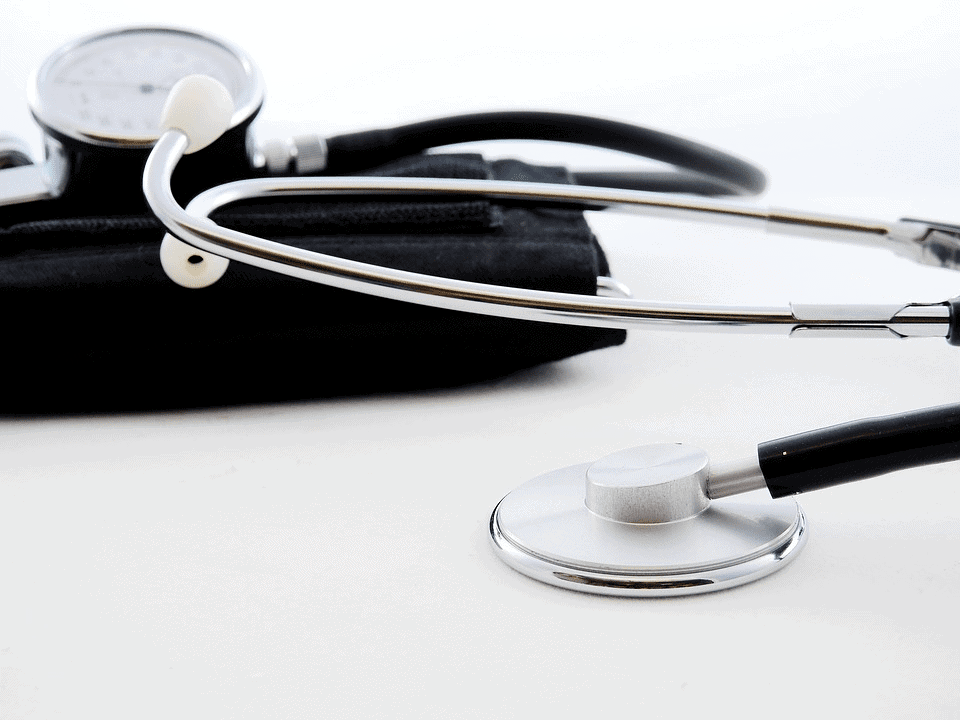
Symptoms aren’t always present when your blood pressure is elevated, but it’s important to pay attention to them when they are. Keep a lookout for any of the following abnormalities:
- Fatigue
- Confusion
- More frequent or severe headaches
- Dizziness
- Nausea
- Rapid heartbeat
- Nosebleeds
- Chest pain
- Vision problems
- Blood in your urine
You’ll notice that many of these symptoms are nonspecific and could apply to a number of different conditions. This is why it’s so important to have your blood pressure tested so you can know for sure why these issues may be occurring.
High Blood Pressure Treatment for Invisible Symptoms
Many people don’t realize that they have high blood pressure because their symptoms can be overlooked. They often don’t interfere with normal activity, but the problem is that the high blood pressure is still doing damage to your body.
Even though the symptoms can be somewhat invisible, high blood pressure can have very serious effects. By the time you begin to notice these effects, often, much damage has already been caused by the ongoing high blood pressure. Thus, it’s important to do all you can to normalize your blood pressure at an early stage of the diagnosis.
Most routine physicals involve checking your blood pressure. If your doctor is concerned, don’t ignore it. Simple lifestyle changes like eating better and getting more exercise can go a long way toward reducing hypertension.
Food For Thought
Regular check-ups will help to reduce your risk of damage to your body from uncontrolled high blood pressure. The sooner you make a change to more healthy habits, the sooner you’ll see improvements in your blood pressure.
Over time, you’ll start to feel better too. The only way to get proper treatment for your high blood pressure is by seeing your doctor or healthcare provider. Be sure to do your part in identifying whether or not the condition exists.
If you would like to receive a free resource sheet to support your quest for better heart health, click the button below to receive your gift.
I’m excited to talk about this topic today because not only do I truly believe that you have the power to reverse heart disease and lower high blood pressure to improve your health, but the science also agrees! You can adopt healthy lifestyle practices that improve your health and enrich your life, which can in turn improve the lives of those close to you. You have the power to break the cycle of these chronic diseases so that you can leave a legacy of health to your loved ones.
As you may already know, I use lifestyle medicine as the first line of treatment, before medications, to treat lifestyle-related chronic diseases. Lifestyle-related chronic diseases include diabetes, hypertension, obesity, and some cancers, just to name a few. Lifestyle practices, such as eating a whole-food plant-based diet and regular physical activity, can help you improve blood pressure and reverse heart disease. In certain cases, these approaches may even outperform pharmaceutical therapy. But I always tell my patients that conventional medications may be appropriate at this time to prevent catastrophic illness, but over time, you can work to make the necessary lifestyle changes to possibly reduce and/or eliminate medications. Please remember to always consult your physician for your particular needs and circumstances prior to making any decisions whatsoever.
Is Dietary Supplementation Right For You?
There is a common saying, “You can’t outrun a bad diet.” This is especially true when it comes to heart health. Diet is sooooo very important… Did you know that your diet could be the key to a healthy heart? It’s true – what you eat (and don’t eat) can have a big impact on your cardiovascular health. So, if you’re looking to keep your heart in tip-top shape, make sure you pay attention to what you put on your plate.
Unfortunately, it can be difficult to eat a healthy diet in this day and age. It is very important to note that we are not eating the same foods we ate years ago because the soils have been depleted of critical nutrients through current industrial farming practices. And because the soil is not as good as it used to be, the food supply (grown from the depleted soil) is not as good as it used to be. For example, you are not getting the same levels of magnesium as you would have gotten 30 or even 50 years ago.
Second, much of the food has been genetically altered, which can impact the inherent and unique nutritional composition that each food possess. For example, ancient einkorn wheat has less gluten, more protein, more Vitamin A, and more beta carotene, than modern genetically modified wheat.
Third, the toxic load in the environment today is much higher than 100 years ago. We can see this with global warming, toxic landfills, polluted oceans and waterways, etc. Toxicity levels interfere with nutrient assimilation and absorption not just into the foods, but into our bodies as well.
For some people, vitamin and mineral supplements offer important health benefits. Supplements are designed to fight deficiencies found in our diet and complement the food we eat regularly. Supplements are basically “helping hands” to our daily food.
If you need extra help in getting the nutrients you need, and/or are unable to eat better, the supplements in my Healthy Heart Bundle may provide the extra boost you need.
These are my favorite Heart Health Supplements to use! This Healthy Heart Bundle will ensure you have the intake of the important vitamins, minerals, and probiotics to decrease inflammation and boost your innate wellness day and night. Taken together, it’s a solid plan for increasing your body’s natural resiliency while you lose weight and improve your heart health, naturally.
For best results make sure you use my heart health supplements with dietary changes including a whole food plant-based diet, regular exercise (at least 2-3x per week), regular sleep (8 hours per night), and intermittent fasting (at least 1-3x per week).
Tools to Improve Heart Health
Blood Pressure Monitoring
It’s very important to monitor your blood pressure. I often recommend an automatic upper arm blood pressure cuff, but a wrist blood pressure monitor is also acceptable.
Weight Monitoring
Since weight management is very important in blood pressure control, I recommend that you be mindful of your weight and its fluctuations, and that you monitor your weight AT LEAST on a weekly basis. I recommend a scale that includes a body composition monitor.
Taking Charge Of Your Heart Health
Heart health is a big topic. It’s in the news, on our minds, and for good reason; heart disease remains the leading cause of death in the U.S. But what if there was something you could do proactively to help protect your heart from future problems? Enter the CardiaX test—a revolutionary new way to take charge of your heart health!
What is CardiaX?
CardiaX is a comprehensive genetic testing panel that looks at mutations associated with common cardiovascular risks. It can be used to determine if there are any genetic factors at play in your heart health, and it can also identify potential areas of risk that may require further action. With this knowledge, you can make informed choices about your health today with the aim of improving long-term heart health outcomes.
Who Might Benefit from CardiaX?
If you have been diagnosed with or are at risk for atherosclerosis, abnormal cholesterol production, hypertension, stroke risk, and risk for heart attack then you may benefit from this test. Additionally, anyone who wants to know more about their genetic predispositions for common cardiovascular risks may also want to consider taking this test as well.
What Can I Do With My Results?
Your results will give you an indication of whether or not there are any potential genetic markers playing a role in your risk for developing certain conditions related to heart health. From there, you can work with your healthcare provider to develop a plan that takes into account these findings and helps you develop strategies for managing them going forward. In addition to lifestyle changes such as diet and exercise modification, selecting medications that are tailored specifically to your genetics could be beneficial as well.
In A Nutshell…
The CardiaX test is an exciting new way to take charge of your heart health by learning more about how genetics might be playing a role in certain cardiovascular risks. With this knowledge in hand, patients can make decisions informed by their own unique genetic profile that will help reduce their overall risk for developing certain conditions associated with heart disease. This type of proactive approach is key when it comes to protecting ourselves against this all-too-common affliction—so don’t wait another minute! Take control of your future and get started with the CardiaX test today!
Remember, healthy lifestyle behaviors–like eating a whole-foods plant-based diet that is low in sodium, being physically active, and stress management are the best ways to prevent and control high blood pressure. Please talk with your doctor about any complementary health approaches, including supplements, you use.
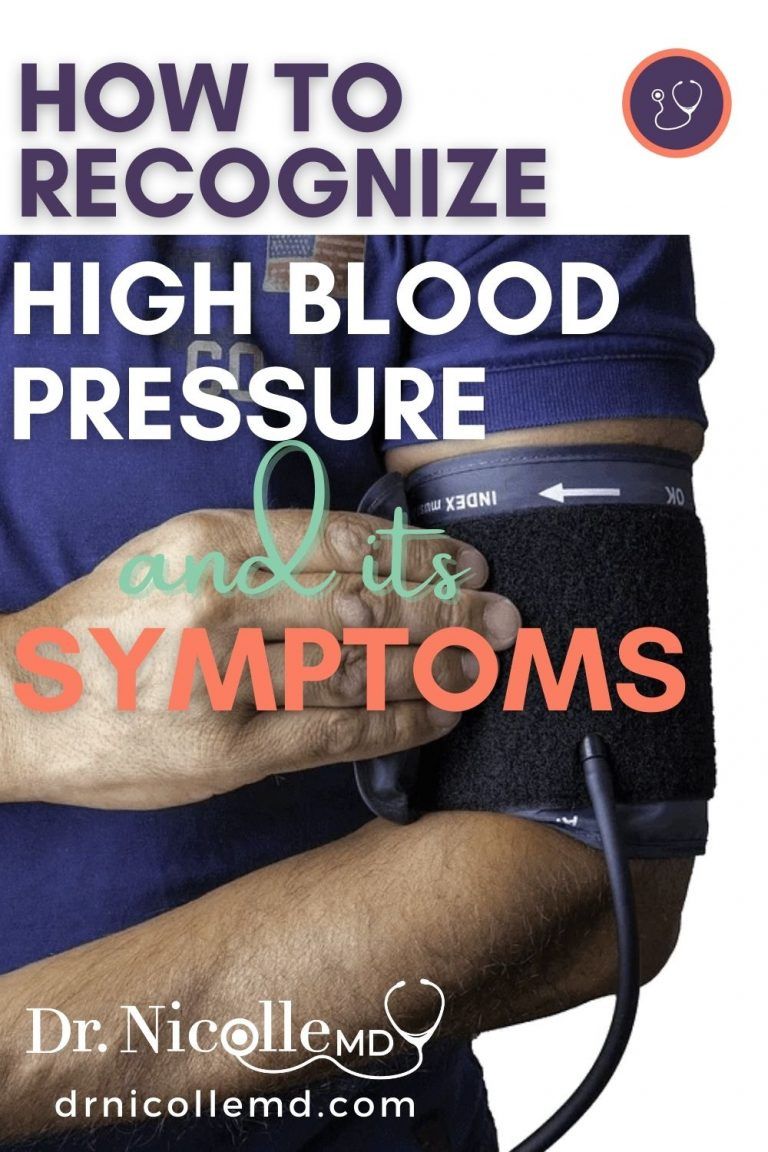
Dr. Nicolle Martin
Some of the links in this article are "affiliate links", a link with a special tracking code. This means if you click on an affiliate link and purchase the item, we will receive an affiliate commission.
The price of the item is the same whether it is an affiliate link or not. Regardless, we only recommend products or services we believe will add value to our readers.
By using the affiliate links, you are helping support our Website, and we genuinely appreciate your support.
Last updated on July 12th, 2022 at 10:00 am

Minimize Medications. Maximize Health.
Are you super busy but need to take control of your health? Are you tired of being tired? Subscribe to my “Minimize Medications, Maximize Health Blog” and I’ll give you 7 Tips to Get Healthy in No Time absolutely FREE.


